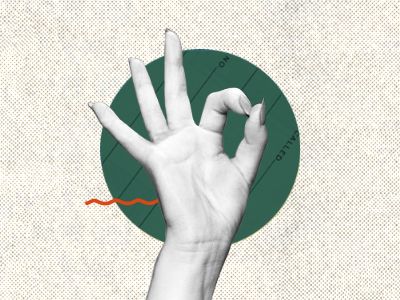
This article is written by Jawaria A. Kashif, Advocate High Court, Lahore. You can get in touch with her on email here, and her Facebook page here.
The Islamic Right of Dower for Women:
Islam is a complete way of life. It lays down very practical rules and laws on all important aspects of our lives. Marriage is one such very important occasion as our religion emphasizes on it immensely. One such protection Allah gives women in marriage is the right of dower.

Source: ejournal41
Jawaria Kashif, a High Court Advocate, aims to bring awareness on women rights and social issues. Previously, she discussed How the ‘Nikah’ Protects Women, where she elaborated the different sections in Pakistani nikanama in the light of Islamic law. Section number 13 and 14 of the Pakistani nikanama are related to dower, known as Haq Mahr in Urdu. In this article, Jawaria elaborates on this very important clause in detail.
What Is Dower?
Dower is a sum of payment that a husband is required to make to his wife at the time of an Islamic marriage or, failing that, in the event of a divorce.
Under the Muslim system of Jurisprudence the main purpose of dower is to protect the wife against the unfair use of the power of divorce by the husband. In Muslim law, the husband can divorce his wife at any time he likes without any rhyme or reason. So, the dower’s purpose is to serve as a check upon the power of the husband to terminate the marriage at will, especially in cases where divorce was not justified.
Types of Dower:
The amount of dower is split up into two portions i.e.
1. PROMPT DOWER (Mahr Mua’jal)
The prompt dower is payable on demand at any time after the contract of marriage, meaning, after the nikah is in effect. If the husband refuses to pay such a dower, then the wife can refuse to live with the husband and can approach court for payment of the dower. If the husband fully and finally refuses to pay the dower, then the wife can seek divorce on its basis. It is to be noted that if the wife asks for divorce on the non-payment of dower amount, such an act would in no way dis-entitle her from her right to dower amount. In case the husband dies, the wife’s right to claim her dower amount would be at the top of priority of any other loan on the deceased husband’s property.
2. DEFERRED DOWER (Mahr Mova’jal)
The deferred dower is payable after the specified period of time. If no such period is fixed, then it is payable on the death of the husband or dissolution of marriage.
When No Dower Amount Is Mentioned In Nikahnama:
According to decisions of superior courts, when in the nikahnama the mode of payment of dower amount is not mentioned, then such dower amount would be considered Mahr Mua’jal (Prompt Dower). This is mentioned in Section 10 of Muslim family Law Ordinance, 1961.
If Husband Marries Without Consent of Wife:
According to Section 6 of Muslim Family Laws 1961, if the husband marries another woman without the prior permission of the wife/wives, the amount of deferred dower amount has to be paid immediately.
In Surah Al-Nisa, Allah SWT says,
“Give to the women their agreed dowers [willingly]….” (4:4) and, “…as an obligation….” (4:24).
According to Imam Malik, if there is mutual agreement between both sides that there would be no Haq Mahr, then the nikah would not be valid. But according to Imams Abu Hanifa, Shafi’i and Ahmed the nikah would be valid, but the Haq Mahr (Dower) would still remain an obligation.
Islam Prohibits Dowery And Makes Haq Mahr a Compulsion:
The concept of dowery, or giving endless amounts of household goods and gifts by the bride’s family, does not exist in Islam. Most of the people in our society while filling the column of dower in the nikahnama refer to Sharai Haq Mahr i.e. 32 rupees only. But this amount of 32 rupees is not found in any of the Islamic matrimonial history nor has the Quran fixed the value of dower in any way. In Islam, it is only said that the amount of dower must be fixed according to the financial status of the husband.

Mahr (dower) rights for women in the Pakistani Law
As we discussed before, it is very important to have an awareness of the rights granted to women by Islam. Most people are unaware of these basic laws, which when followed, have a huge impact on society in general. You can get in touch with Jawaria, Advocate High Court Lahore, on more details regarding these matters via the contact details given below.
You might also like:

This article is written by Jawaria A. Kashif, Advocate High Court, Lahore. You can get in touch with her on email here, and her Facebook page here.




